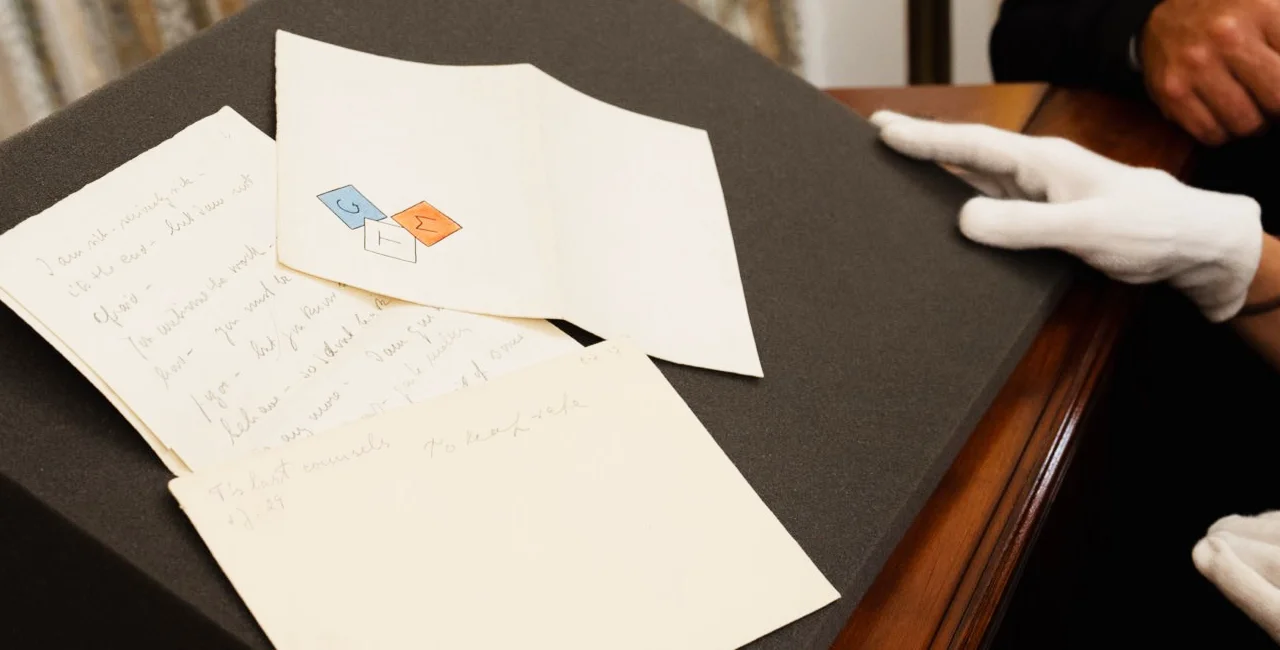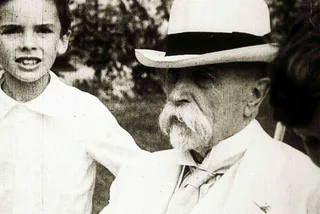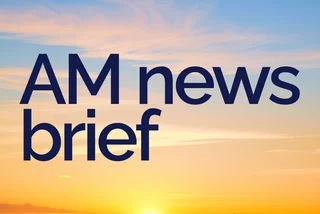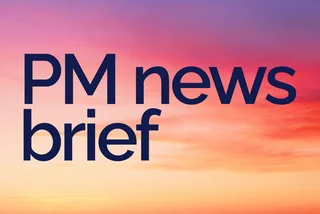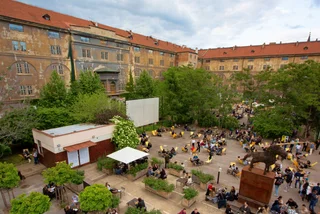A five-page letter dictated by Tomáš Garrigue Masaryk, Czechoslovakia’s first president, was opened Friday at Lány Castle, revealing his candid reflections on society, politics, and personal legacy. The document, preserved in the National Archives for two decades, was presented to journalists in the presence of President Petr Pavel.
Historians say the letter, likely written in the summer of 1934, provides rare insight into Masaryk’s private thinking during a period of serious illness. Historian Dagmar Hájková, who presented the document, quoted Masaryk advising his son Jan: “People like to be stupid, don’t make it easy for them and argue with them.” The text also includes instructions for his funeral and personal guidance for his family.
PARTNER ARTICLE
The letter offers more than a glimpse into one man’s private thoughts. Experts say it sheds light on attitudes toward education, public engagement, and societal inclusion—topics that continue to resonate in contemporary debates about civic responsibility, governance, and minority rights.
Historical context and societal insight
Masaryk’s reflections addressed ethnic groups in Czechoslovakia, noting Germans should “receive what they deserve, but no more.” He described Slovak political leader Andrej Hlinka as misguided but deserving forgiveness. Hájková said the comments reflect both personal judgment and broader political strategy in a diverse, multinational state.
The letter also emphasizes the importance of civic awareness and public engagement. Masaryk wrote about the limits of influence when people are uninformed, urging careful argumentation and active thought—a perspective that historians say offers lessons for modern society on education and civic participation.
The document was first handed over to the National Archives in 2005 by Jan Masaryk’s secretary, Antonín Sum, with instructions to preserve it for 20 years. Following its opening, the envelope and pages will be returned for detailed verification, as Milan Vojáček, director of the Archives, said experts will confirm authenticity and clarify historical context.
Beyond historical scholarship, the letter’s insights may resonate with contemporary concerns around leadership, transparency, and the role of informed citizens in public life. Experts note that Masaryk’s approach blends personal reflection with civic instruction, offering a unique perspective on governance.
Legacy, verification, and public engagement
Masaryk’s remarks also situate Czechoslovakia within broader European challenges of the early 20th century, including nation-building, minority relations, and political accountability. Scholars say the letter provides perspective on how leaders navigated complex social and political dynamics, lessons that remain relevant today.
Experts highlight the letter’s potential impact on public understanding of history. Hájková noted that while the document is almost entirely in English—a reflection of Masaryk’s family language with his American-born wife—it preserves a personal voice rarely captured in official correspondence.
Historians and the National Archives plan further analysis, including detailed translations and contextual research. Exhibitions or public presentations may follow, giving citizens and residents alike the opportunity to explore the document’s historical significance firsthand.
The reveal reinforces the importance of preserving primary sources and demonstrates how historical documents can deepen understanding of leadership, society, and civic responsibility. For scholars and the public, Masaryk’s final letter offers both a window into the past and a mirror for contemporary reflection.













 Reading time: 2 minutes
Reading time: 2 minutes 